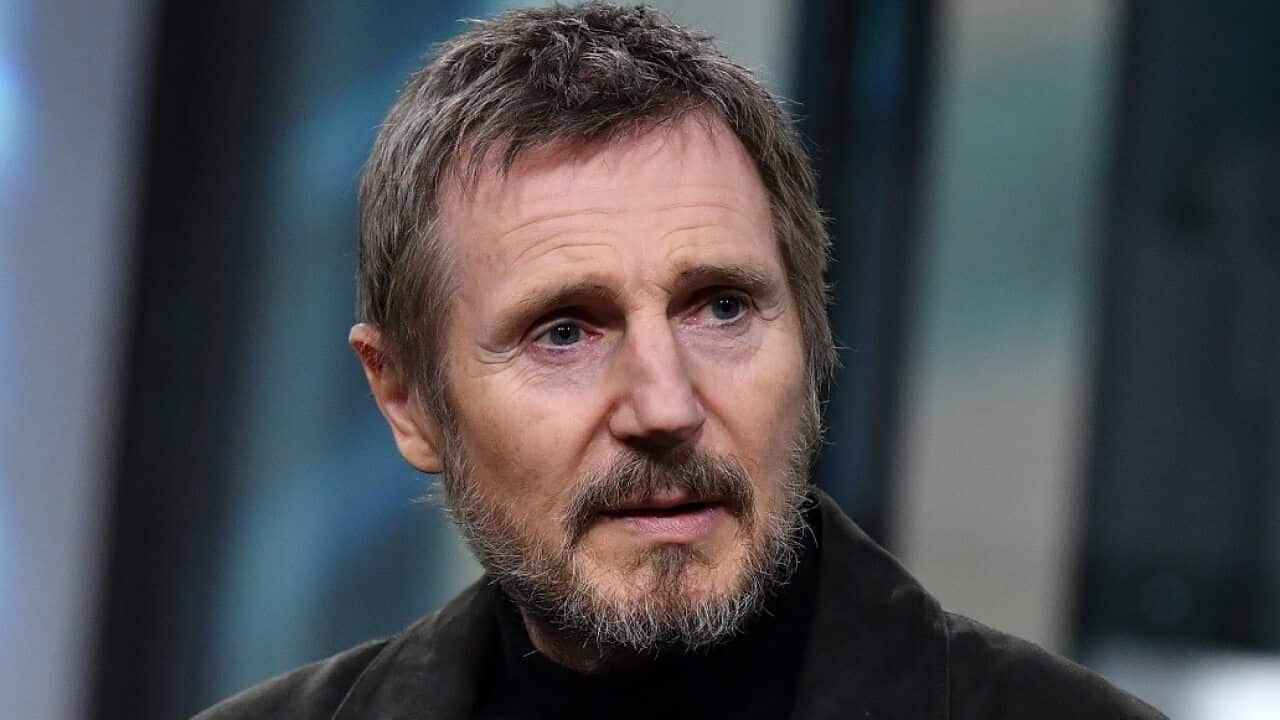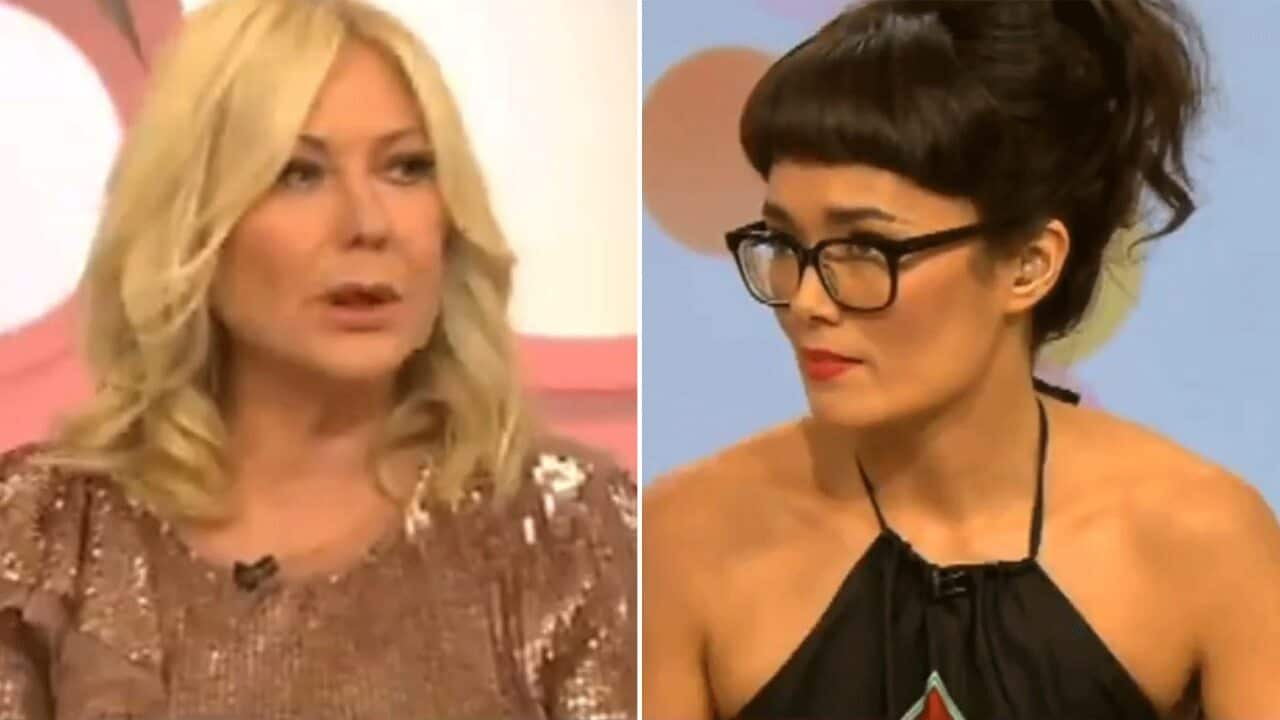Shock seems to be the only appropriate reaction overnight to comments made by actor Liam Neeson in an interview with the British paper .
In the interview, Neeson admitted to staking out positions in public and fantasising about killing a black man after a close friend confessed she had been raped.
"My immediate reaction was... I asked, did she know who it was? No. What colour were they? She said it was a black person," Neeson said.
"I went up and down areas with a cosh, hoping I'd be approached by somebody - I'm ashamed to say that - and I did it for maybe a week, hoping some [uses air quotes with fingers] 'black bastard' would come out of a pub and have a go at me about something, you know? So that I could kill him."
What?
Yes, you heard that right,
Let's break down why #neeson gate is a problem.
1. Blurting out stuff in the media instead of seeing your therapist
The fact that Neeson can casually talk about his homicidal train of thought in an interview rather than in a therapist's office says a lot about the parallel worlds people of colour and white people still operate. You can muse out loud theoretically about your violent tendencies when you're a white man, because you're white! Just an honest guy being honest really.
2. Sorry, not sorry
Neeson himself seemed unperturbed at the fuss around his admission, and continued to regurgitate the anecdote in what were supposed to be mea culpa follow up interviews.
"I am not a racist, this was nearly 40 years ago," Neeson told Good Morning America.
"I asked her did you know the person? His race? She said he was a black man. After that there some nights I went out in black areas in the city, looking to be set out upon, so I could unleash physical violence."
"This primal urge that really shocked me. It really shocked me and it hurt me."
Note, Neeson's violent and primal thoughts hurt and shocked him. He is the primary victim of being unable to manage his feelings and acting out on them, almost as if he had no responsibility in managing his emotions appropriately and seeking help for them.
In this context racism is not part of our social conditioning but something primal, rooted in biology and fear, and therefore somehow justified.
He also defended his comments by putting them in the context of his experience growing up in Northern Ireland during the 'The Troubles' amid Protestant and Catholic sectarian conflict.
3. Ignoring the consequences of the grenade you just lobbed
"I was trying to show honour, stand up for my dear friend in this terrible medieval fashion," Neeson went on.
"You asked about colour...you didn't ask if they are tall or short?" ABC host Robin Roberts queried, before asking Neeson to set aside his guilty navel-gazing to consider the impact his words and actions may have had on innocent bystanders.
"This isn't a 'gotcha.' So I give you credit there. But also having to acknowledge that the hurt - even though it happened decades ago - the hurt of an innocent black man, knowing that he could've been killed for something he did not do because of the colour of his skin."
4. Failing to understand the underlying prejudice which informed your comments
writes that appreciation for Neeson's candour in examining his own racial biases, seems to overshadow the casualness in which Neeson's wild language conjures up painful memories of state and vigilante violence on black communities historically.
"It is possible to speak to the centuries-old role that black male sexuality plays in the justification of racism in general and lynching in particular.
"The threat of the violation of white women by black men – both real and, more often, imagined – has long stood at the core of racist tropes and atrocities and disproportionate impact of law and order on black men and boys," Younge writes.
5. Being naively shocked and surprised when it blows up in your face
Neeson's PR people have reportedly cancelled the New York red carpet event for his latest film, revenge thriller just two hours before it was due to begin.
The movie's premiere however is still going ahead.


